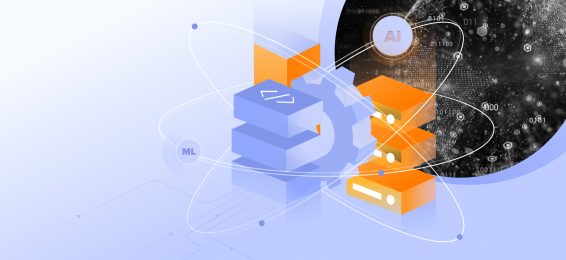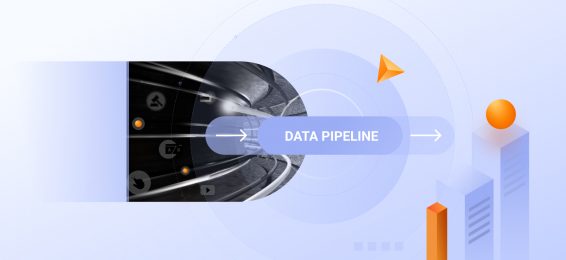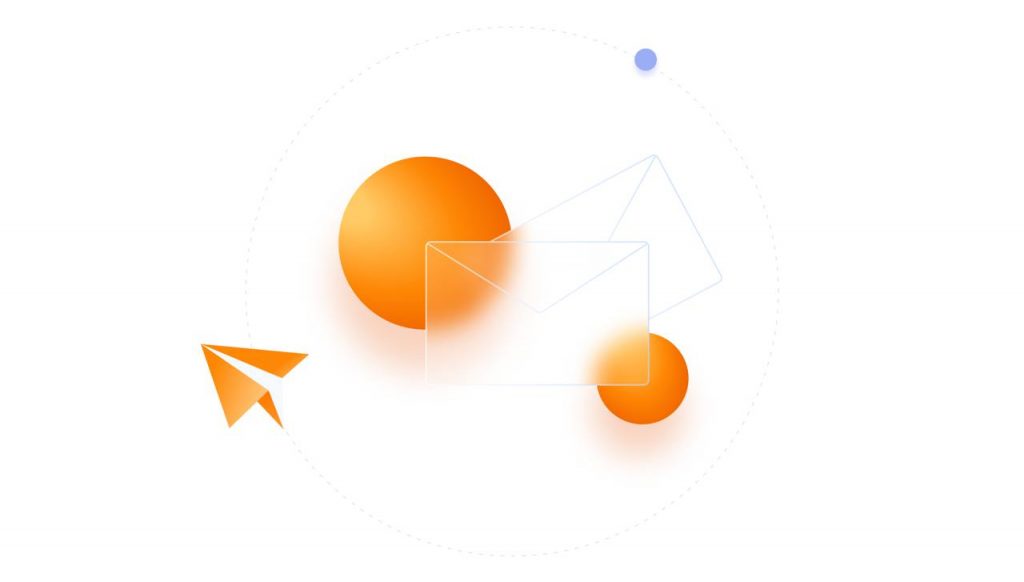How is data warehouse architecture structured?
The architecture of a data warehouse generally follows three layers: data sources, staging area, and presentation layer. Key components of this structure include ETL processes, which transform raw data into a usable format. A data warehouse architecture diagram often highlights the flow of data from extraction to reporting. Modern data warehouse systems, such as data warehouse in the cloud, improve scalability and flexibility. Best practices for data warehouse design ensure that organizations meet performance and reporting needs effectively.
What is the difference between a data warehouse and a database?
Understanding the difference between a database and a data warehouse is essential for determining their use cases. A data warehouse stores historical data optimized for querying and reporting, whereas a database handles real-time transactional operations. The data warehouse vs database distinction lies in their respective designs: one supports analytics, while the other focuses on operational data. For example, a data warehouse schema is structured for analytical processing, while databases prioritize transactional speed.
How does a data warehouse differ from a data mart?
The data warehouse vs data mart comparison highlights the scale and focus of these systems. A data mart serves specific business functions, such as sales or marketing, by extracting relevant subsets from the larger data warehouse. This distinction allows businesses to use data warehouse tools to generate targeted insights without accessing the entire repository. A key part of the data warehouse strategy involves creating marts to support department-specific analytics.



